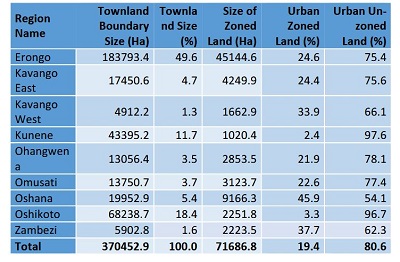
Headline inflation down, core inflation down, FirstRand expects downward price pressures to continue based on weak consumer demand

Despite headline inflation for May printing higher than a year ago, FirstRand Namibia expects the overall declining trend in inflation to continue.
The group’s economist, Mr Daniel Kavishe, said this week that core inflation, excluding the volatile categories of fuel and food, has retreated from 3.5% a year ago to only 3.3% in May. This downward move he ascribed to the continuing inherent weakness in consumer demand.
Commenting on the latest inflation statistics released earlier this week by the Namibia Statistics Agency, Kavishe said “With consumer income increasingly coming under pressure, it comes as no surprise that the May annual inflation print comes in lower at 4.1% year on year compared to 4.5% in April. As expected, transport inflation increased from 7.1% to 7.6%, with this increase attributed to pass-through effects of increased road user charges and increased pump prices.”
With regard to the short-term impact of food items on the longer inflation curve, Kavishe continued “This was however countered by downside pressures on prices of other categories such as food and non-alcoholic beverages which surprisingly moderated to 4.7% from 5.5% in the previous month. This was despite concerns that the persistent drought will exert upward pressures on food inflation.”
As an indicator of the health of household finances, Kavishe singled out the housing component where inflation continued to moderate, coming down from 2.2% in April to 1.9% in May.
Similarly, alcoholic beverages and tobacco receded from 7.5% to 5.5%.
Similarly, the housing and alcoholic beverages and tobacco categories slowed down from 2.2% and 7.5% to 1.9% and 5.5% respectively.
“While the bank projects inflation to be contained at 4.5% for 2019, growth is expected to remain weak with downside risks emanating from the prevailing drought, weak growth in neighbouring economies, and escalating global tensions weighing on commodity exports. As real sector data continues to disappoint, the Monetary Policy Committee will be looking the the first quarter GDP numbers for guidance regarding the effect of its current accommodative monetary policy,” he said.
Earlier this week, the Bank of Namibia announced that the repo rate remains unchanged at 6.75% despite many analysts pointing out that the low inflation numbers have opened the door for a relaxation of monetary policy.
“Moving forward, we expect transport inflation to slow down as cost pressures ease owing to a falling Brent crude oil price. As such, we expect overall prices to retreat in response to lower transport costs and fragile consumer demand which are likely to spill over into other inflation categories,” according to Kavishe.











































